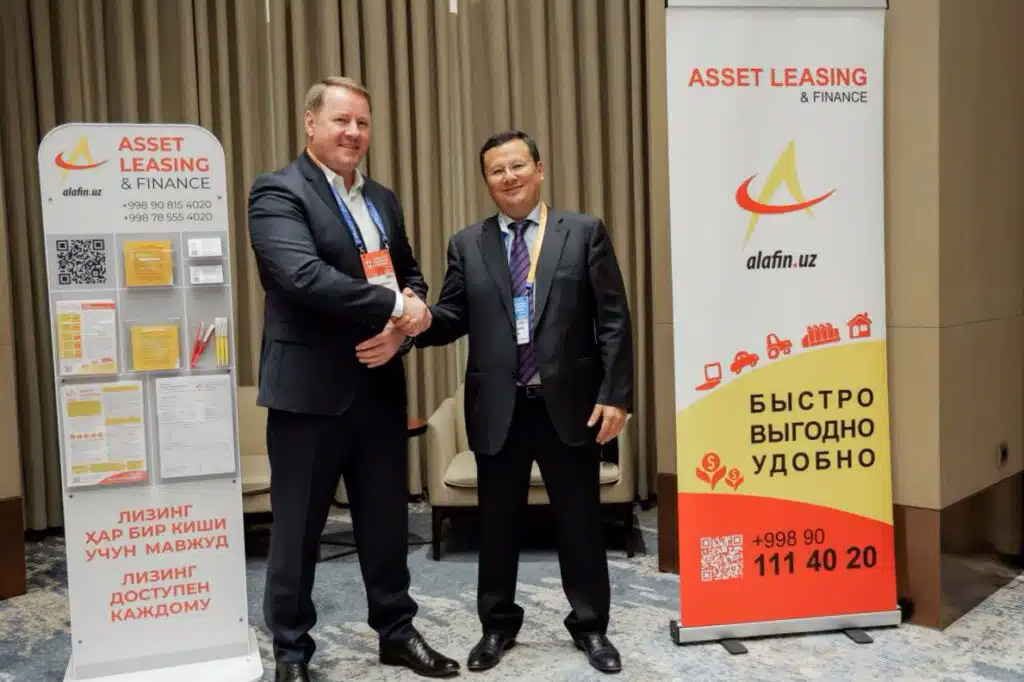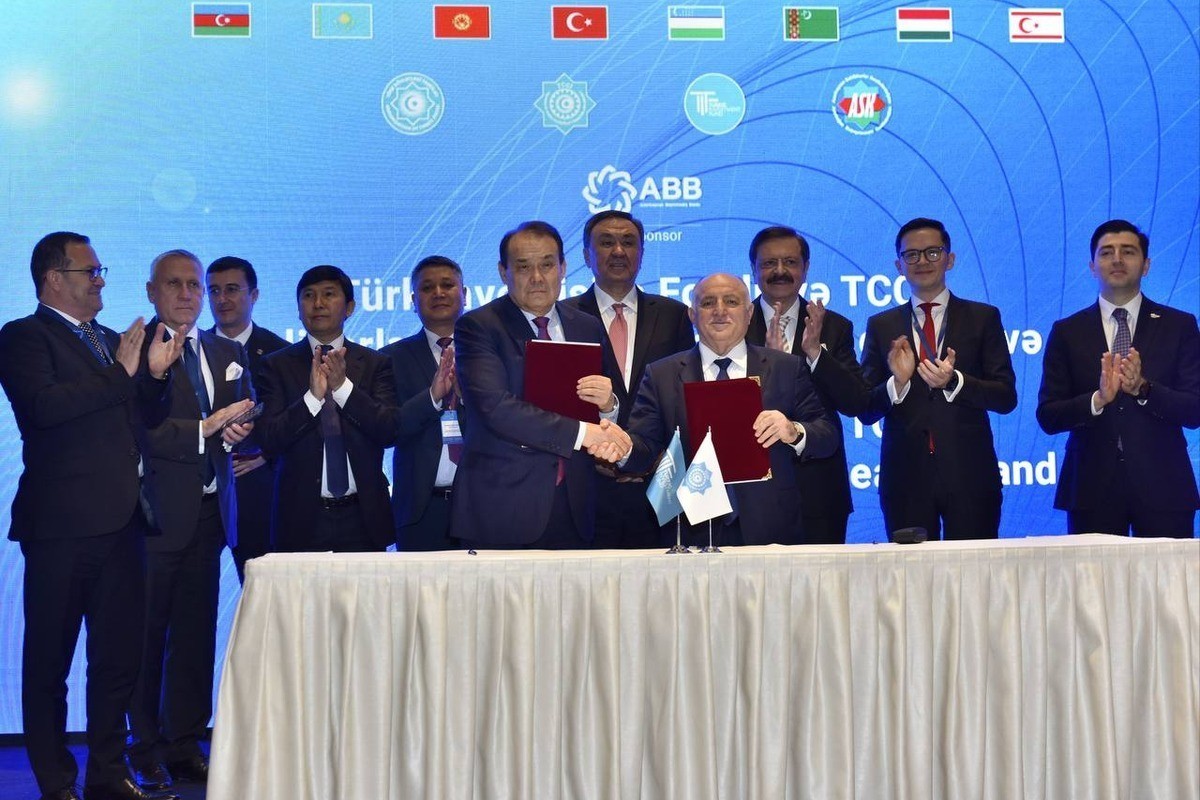OpenAI tightened its internal security protocols after a series of accusations of corporate espionage and attempts to illegally copy its developments. The new round of restrictions affected both the company's technical infrastructure and the daily working hours of employees.
One of the reasons for revising the security strategy was the appearance on the market of a Chinese competing model, which experts associate with unauthorized use of OpenAI developments. According to data that is causing concern in the industry, we are talking about attempts to copy using the "distillation" method, which allows you to recreate the behavioral characteristics of an AI model without having its source code.
In response, OpenAI has implemented an "information restriction" policy that restricts employee access even within the company. For example, during the development of a new model codenamed o1, discussion of project details in office areas was allowed only to a narrow circle of specialists who were verified and allowed to access confidential information.
In addition, the company has moved sensitive technological processes to stand-alone, isolated machines that are completely disconnected from the corporate and external networks. Biometric control of access to premises has been tightened — now you can only log in after scanning your fingerprints, and any attempt to access the Internet from work devices requires official permission under the "default opt-out" policy.
Physical security of data centers has also been strengthened. OpenAI is actively increasing the number of specialists in the departments responsible for information security, including the direction of countering leaks and internal threats.
The new measures reflect the U.S. tech industry's growing concerns about protecting intellectual property in the face of global competition. In addition to external risks, OpenAI also faces internal challenges related to information leakage and high competition for personnel in the AI market. Increased unauthorized publication of CEO Sam Altman's statements also appears to have accelerated the review of security protocols.
As the AI race accelerates, companies are increasing their control over each phase of development, making security a strategic priority rather than a function.











